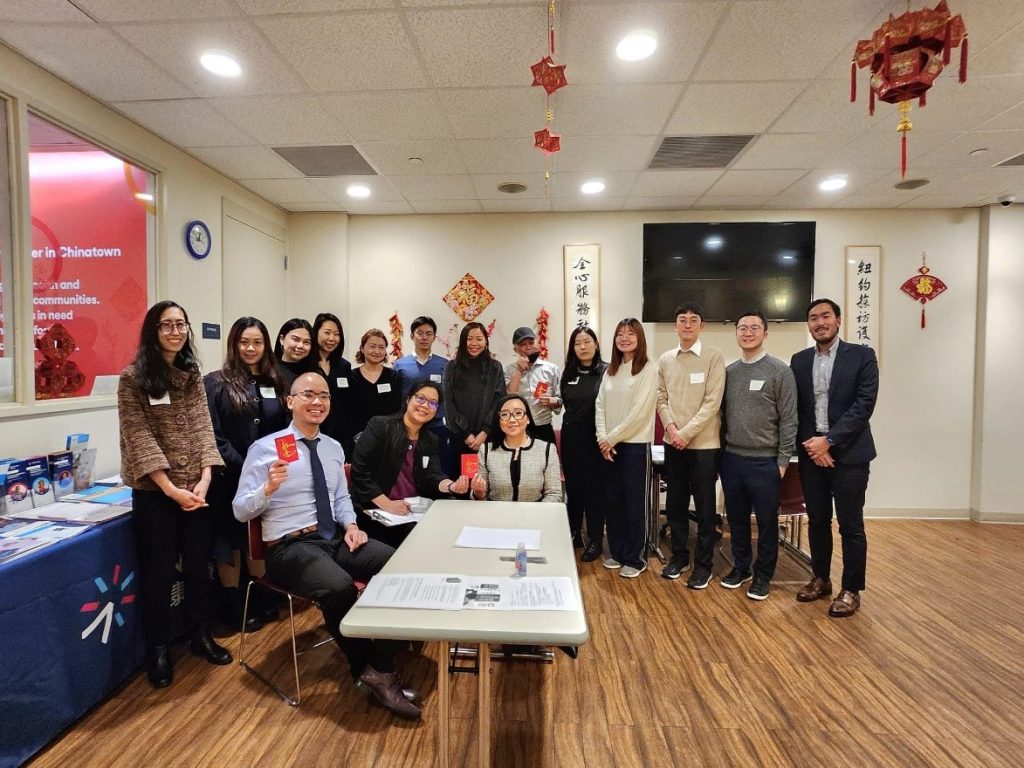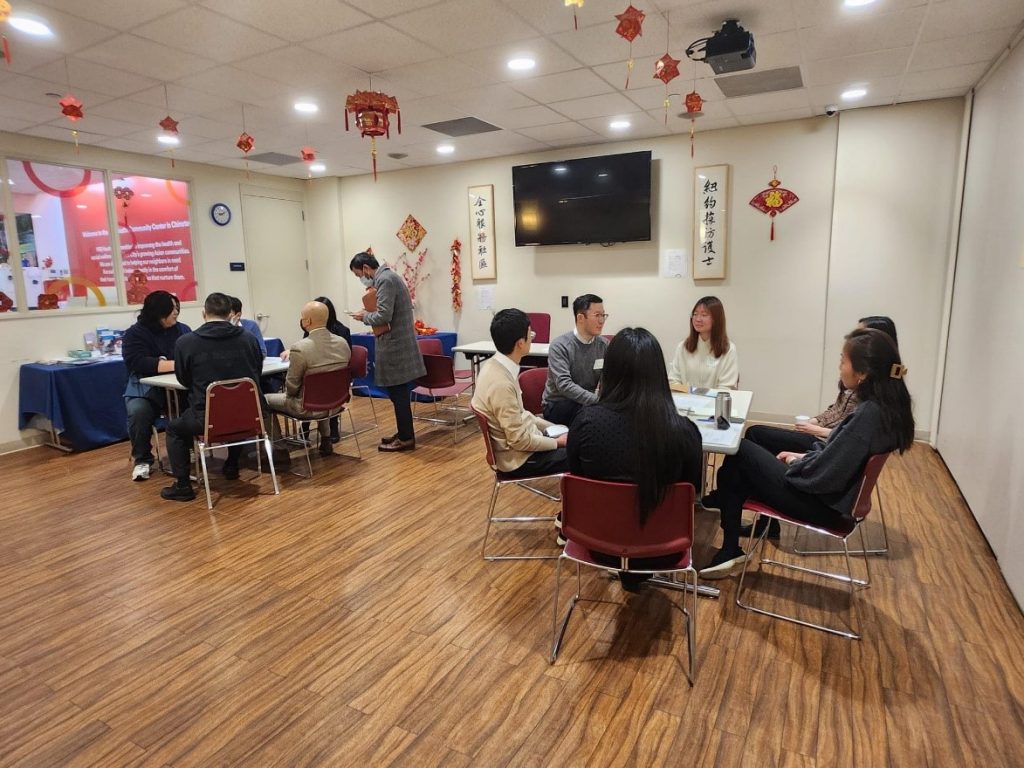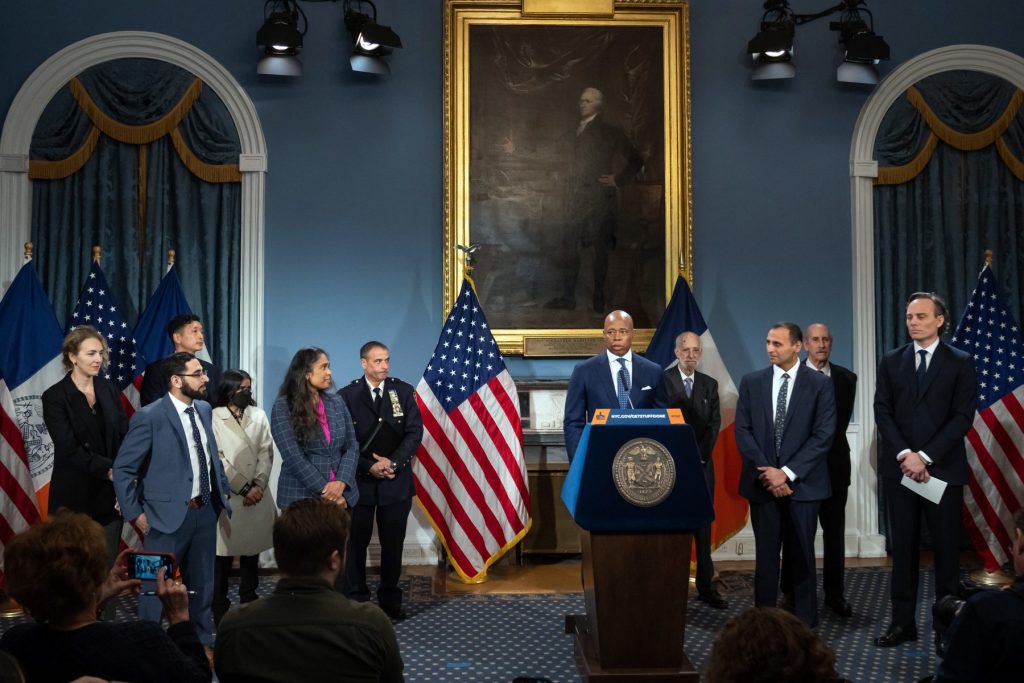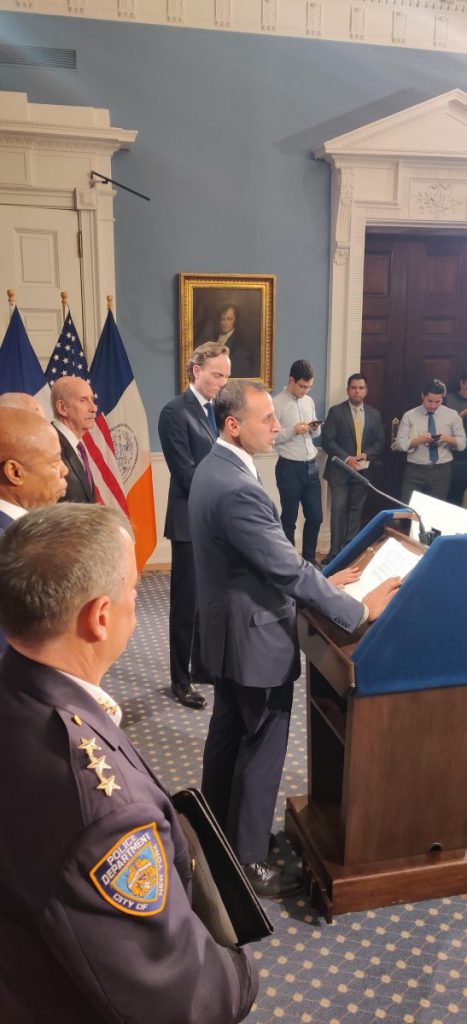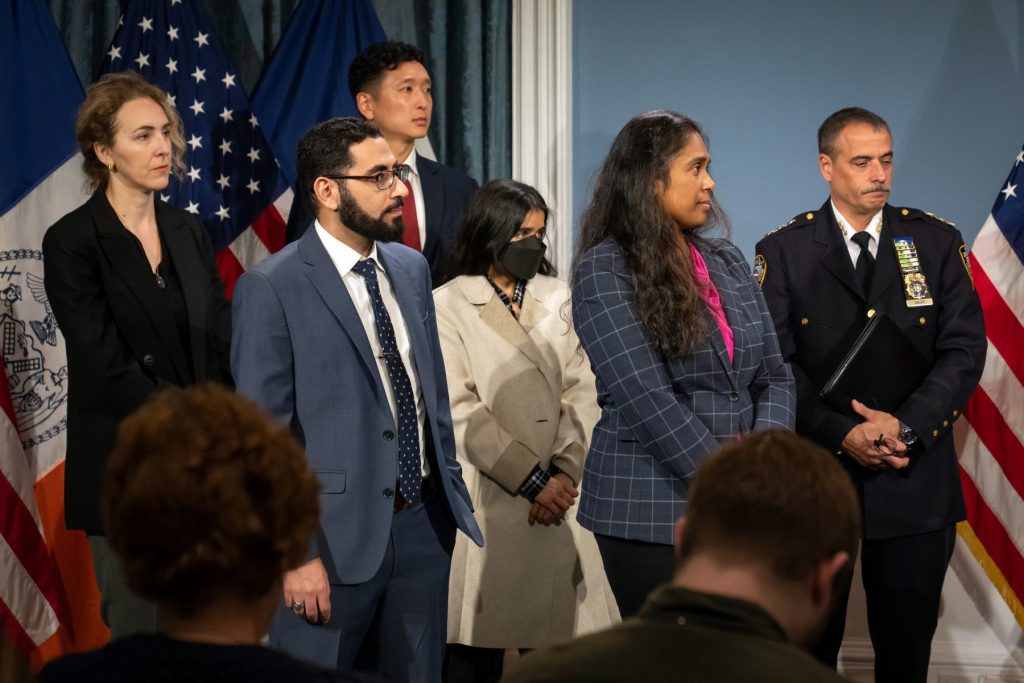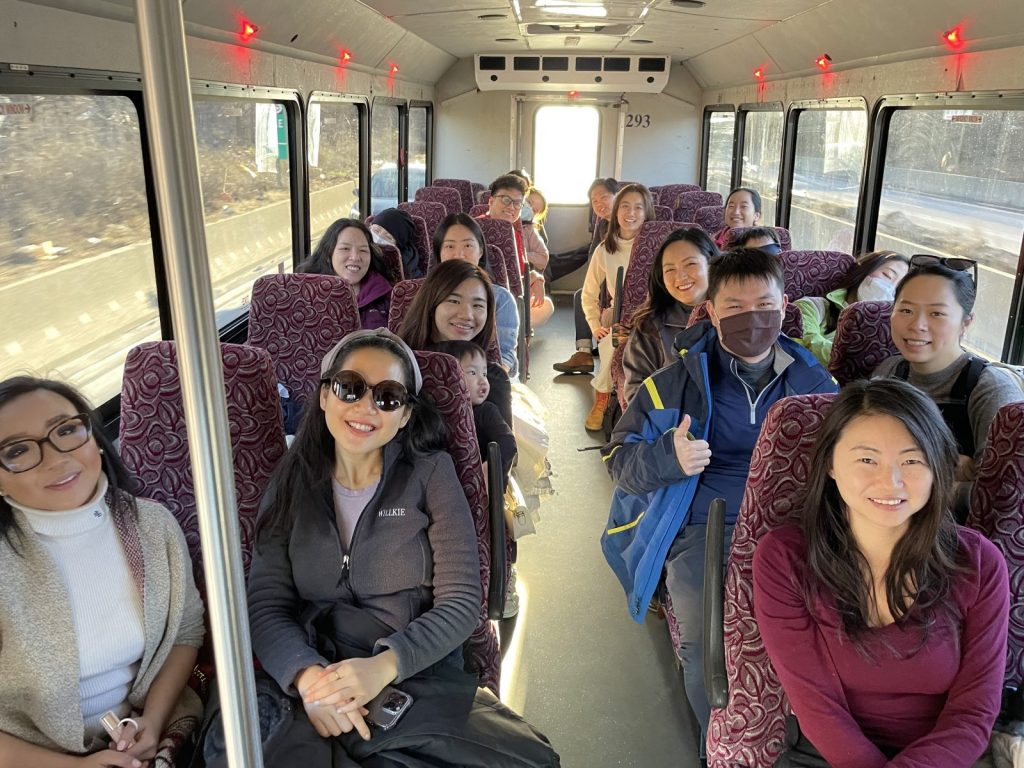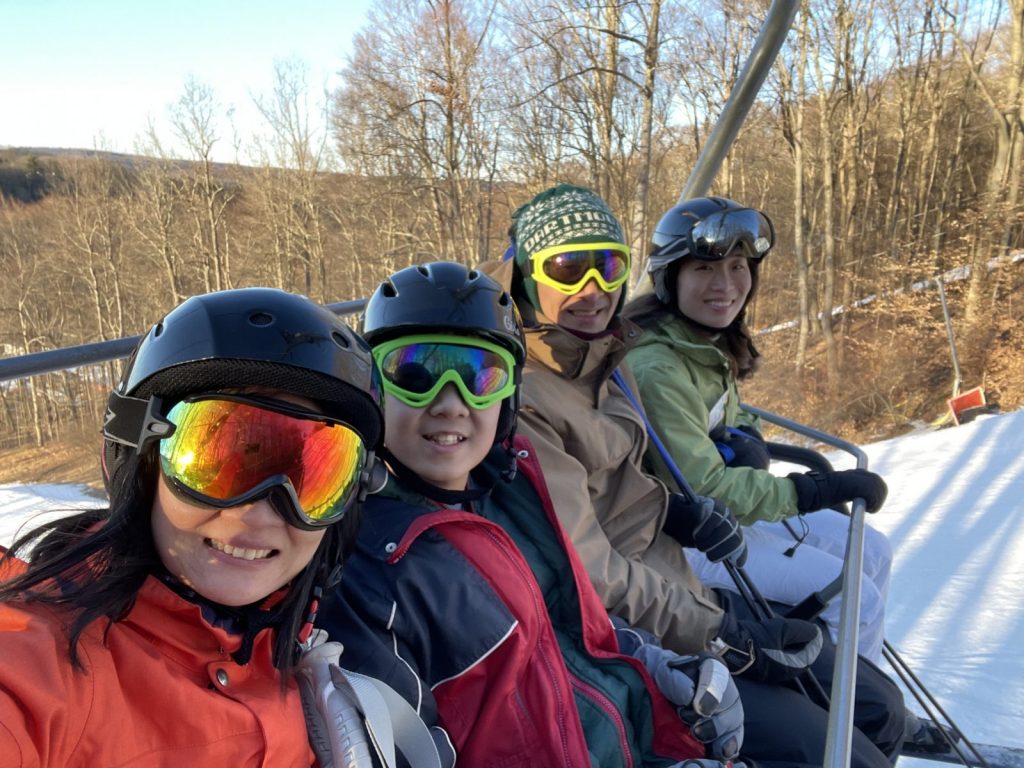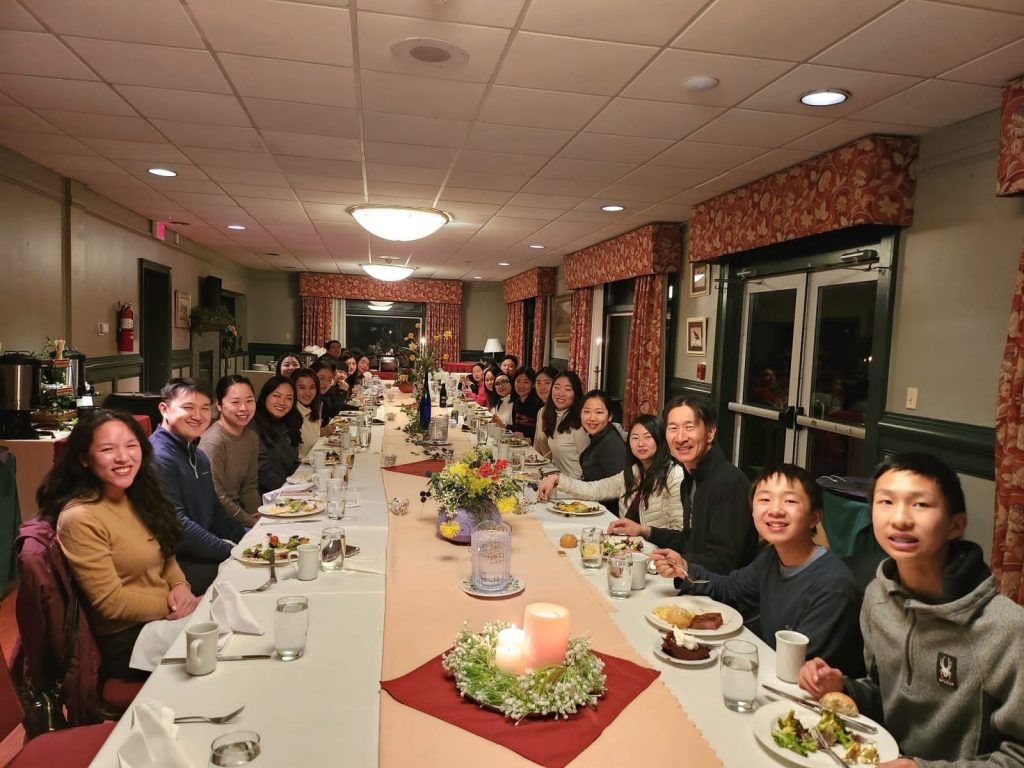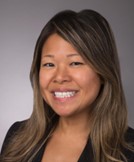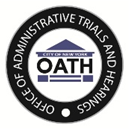| For Immediate Release: Date: February 28, 2023 | Contact: Priya Purandare, Executive Director |
WASHINGTON – February 28, 2023. President Joe Biden nominated Julie Ann Su to serve as Secretary of Labor. NAPABA applauds this historic announcement, and endorsed Ms. Su’s nomination earlier this month.
“Julie Su is one of the most qualified individuals to be nominated to serve as U.S. Secretary of Labor,” said Sandra Leung, President of NAPABA. “If confirmed, she will be the first Asian American to lead an executive department in the Cabinet of the Biden Administration. We are proud that an accomplished member of the Asian American legal community and NAPABA can serve the country in this role. We thank President Biden for honoring his commitment to diversity within the Administration and urge the Senate to quickly confirm Julie Su as Secretary of Labor.”
“Julie Su is an experienced labor rights advocate and attorney, with a long record of protecting workers’ rights and fighting for social justice,” said Priya Purandare, Executive Director of NAPABA. “She is an experienced leader and public servant who has dedicated her career to protecting the rights of workers of all backgrounds across the country. A recognized leader within the legal and Asian American community, we can think of no better nominee to serve our country.”
In 2014, NAPABA honored Ms. Su with its highest honor, the Daniel K. Inouye Trailblazer Award, which recognizes the outstanding achievements, commitment, and leadership of attorneys who have paved the way for the advancement of others in the community.
Ms. Su currently serves as Deputy Secretary of Labor and previously served as California Labor Secretary. She has a demonstrated commitment to public service, having been California Labor Commissioner, Litigation Director at Asian Americans Advancing Justice – Los Angeles, and taught at UCLA Law School and Northeastern Law School. Ms. Su was a recipient of the 2019 American Bar Association’s Margaret Brent Award and a recipient of the MacArthur Foundation’s “Genius” Grant. She is a graduate of Harvard Law School and Stanford University.
#
The National Asian Pacific American Bar Association (NAPABA), represents the interests of over 60,000 Asian Pacific American (APA) legal professionals and nearly 90 national, state, and local APA bar associations. NAPABA is a leader in addressing civil rights issues confronting APA communities. Through its national network, NAPABA provides a strong voice for increased diversity of the federal and state judiciaries, advocates for equal opportunity in the workplace, works to eliminate hate crimes and anti-immigrant sentiment, and promotes the professional development of people of all backgrounds in the legal profession.


